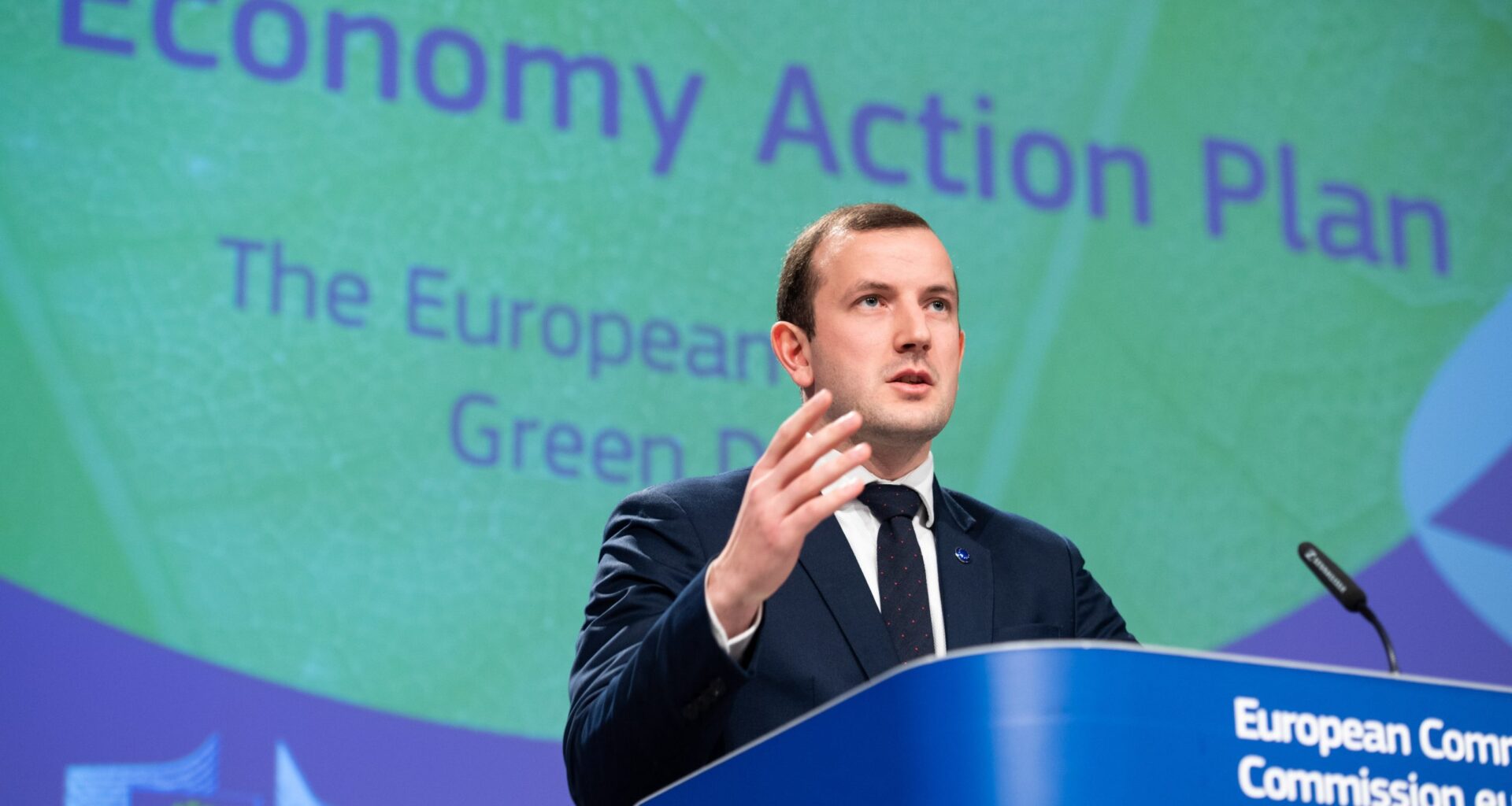On August 1st, 2025, the European Commission launched a public consultation and call for evidence for its proposed Circular Economy Act, a landmark regulatory initiative aimed at doubling the EU’s circularity rate and positioning the region as the global leader in circular economy practices by 2030.
The proposed legislation reflects a growing sense of urgency within the European Commission to address its overdependence on imported raw materials, many of them critical to green and digital transitions, and to tackle persistent inefficiencies in resource use. According to the Commission, the circularity rate across the EU has seen only marginal improvement over the last decade, increasing from 10.7% in 2010 to just 11.8% in 2023. This stagnation highlights the limitations of voluntary action and fragmented approaches, prompting a shift toward more ambitious, binding policies.
The upcoming Act is expected to focus on two major pillars: improving the management of e-waste — one of the fastest-growing waste streams globally, and establishing a single market for secondary raw materials, including reforming “end-of-waste” criteria and mandating circular procurement practices across public institutions. It will also extend and simplify extended producer responsibility (EPR) schemes and promote digitalization in material tracking and waste reporting.
 Africa has long played a critical role in supplying raw materials for global industries, from cobalt and rare earths for electronics to agricultural and biomass inputs for manufacturing. With the EU now looking to formalize and scale its circular economy policies, African producers, recyclers, policymakers, and entrepreneurs find themselves at a pivotal juncture.
Africa has long played a critical role in supplying raw materials for global industries, from cobalt and rare earths for electronics to agricultural and biomass inputs for manufacturing. With the EU now looking to formalize and scale its circular economy policies, African producers, recyclers, policymakers, and entrepreneurs find themselves at a pivotal juncture.
In 2024, the African Union, in collaboration with UNDP, launched the Continental Circular Economy Action Plan (CEAP) 2024–2034. This ten-year roadmap outlines Africa’s vision to promote sustainable industrialization, green innovation, and inclusive economic growth through circularity. Key areas of focus include reducing waste, increasing resource efficiency, encouraging repair and reuse industries, and developing supportive policies and regulatory frameworks.
Read also: EFRAG proposes major reporting overhaul with implications for Africa’s supply chains
Countries such as Rwanda, Kenya, South Africa, and Gabon have already begun implementing progressive circular policies, from national bans on single-use plastics to the establishment of green procurement policies and circular economy roadmaps. Rwanda, for instance, has positioned itself as a global leader in environmental stewardship by adopting strict waste policies that have drastically reduced non-recyclable material in urban areas.
The EU’s push for a circular economy is likely to influence trade, investment, and regulatory harmonization across Africa. If adopted in its proposed form, the Circular Economy Act could reshape the standards and expectations for goods entering the European market — requiring that materials, components, and entire supply chains meet new circularity criteria. For African exporters, this could pose both challenges and opportunities.
Challenges may arise in the form of compliance costs, technology gaps, and limited infrastructure for recycling and waste management. However, there is also a clear opportunity for African businesses to become key suppliers of secondary materials, refurbished goods, and circular innovations — particularly in sectors like e-waste recovery, textile recycling, bio-based materials, and regenerative agriculture.
To bridge the readiness gap, initiatives such as SWITCH to Circular Economy in Eastern and Southern Africa (SWITCH-2-CE) are helping countries develop the necessary capacity. Funded in part by the EU, SWITCH-2-CE supports national and regional policy dialogues, private-sector innovation, and green skills development across countries including Kenya, South Africa, and Rwanda.
The ongoing public consultation — which remains open until November 6, 2025 — presents an opportunity for African voices to be heard in shaping the EU’s regulatory direction. African governments, businesses, civil society organizations, and academic institutions can and should participate to ensure that the final legislation reflects shared values, trade realities, and mutual development goals.
Beyond consultation, African stakeholders should begin or continue aligning national policies with the AU’s CEAP and the anticipated EU regulations. Strengthening domestic frameworks — particularly around waste governance, green industrial policy, and producer responsibility — will help African economies become active participants in the global circular economy, not passive recipients of external standards.
Investments in green infrastructure, digital tracking systems, and inclusive workforce development will be vital. Universities and research institutions also have a central role to play in generating data, piloting local innovations, and informing policy design.
The EU’s forthcoming Circular Economy Act is more than just a European regulatory shift. It is a signal that the global economy is moving toward circularity — and that those who adapt early will lead the transition. For Africa, the timing is right. The political momentum is strong, regional cooperation is advancing, and a growing ecosystem of entrepreneurs, youth innovators, and public servants is ready to drive change.

